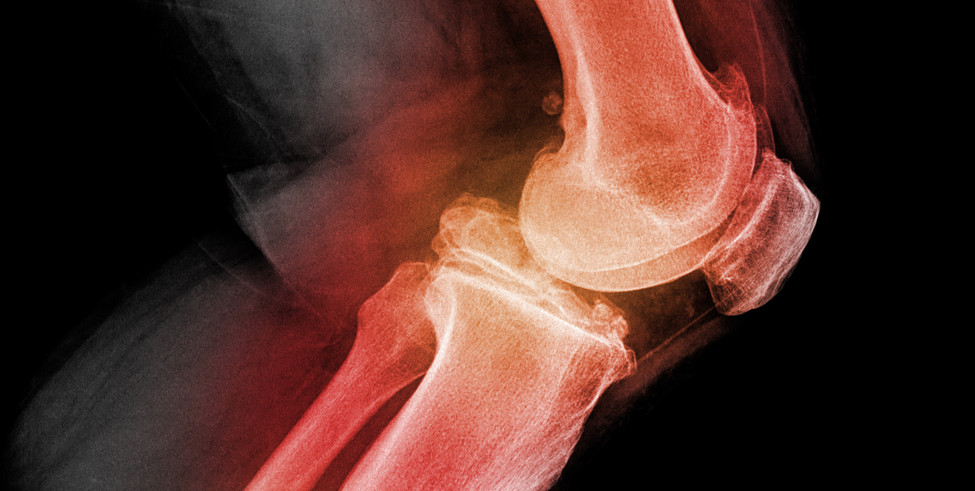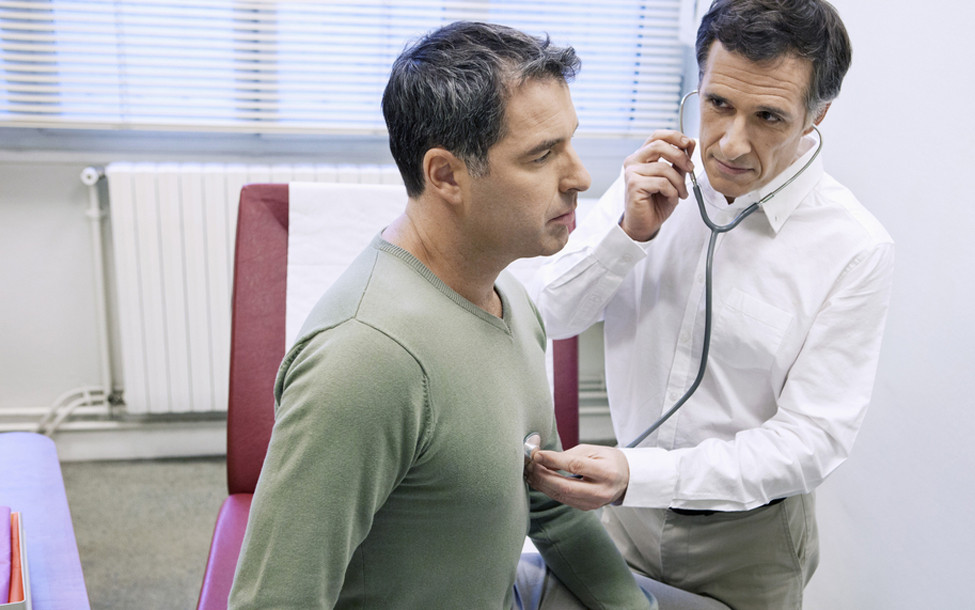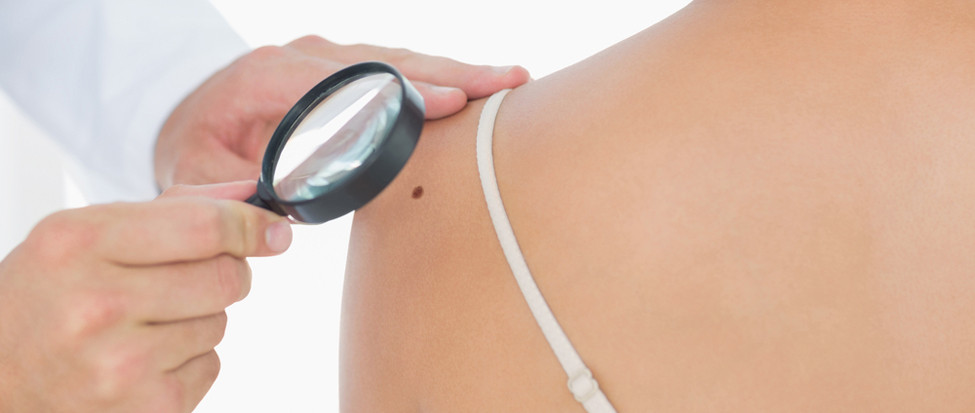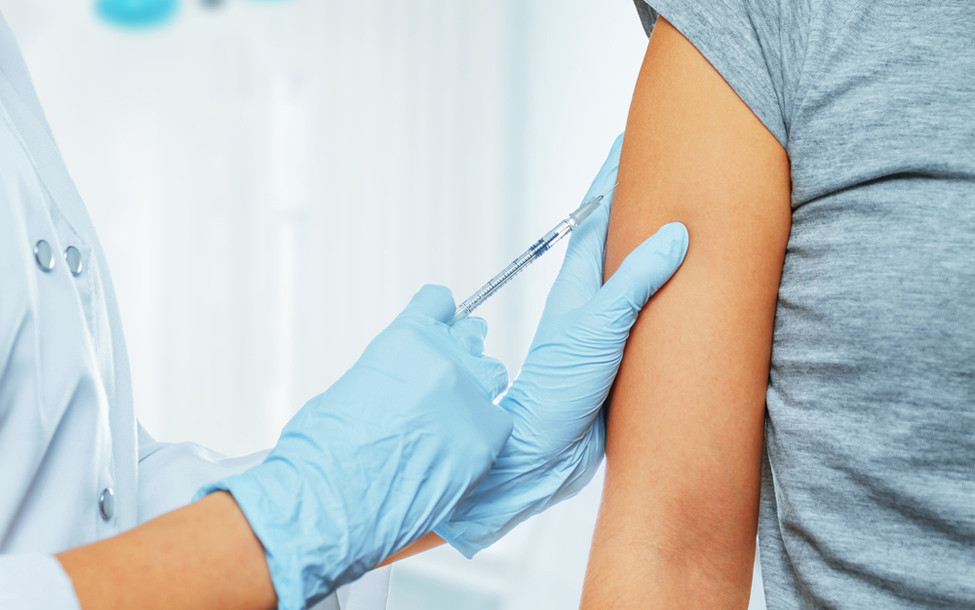Medical Checkups & Screenings: Know When To Go
Although we like to delude ourselves into thinking we’re still as indestructible as when we were younger, too often we let our feeling of invincibility override our good judgment. In fact, says Dr. Gary Wheeler, medical director with the Arkansas Department of Health, annual checkups and related health screenings are every bit as vital as we age as they were when our mother took us when we were children.
“When screening is used optimally, and that means that the provider knows when to do it and the patients are cooperative and do the proper follow-up, then screenings can not only save lives, but extend life and the quality of life,” he says.
Along with healthy behaviors regarding diet, exercise and avoiding tobacco and substance abuse, there are a myriad of tests and screenings people need as they age. These range from testing for STDs and testicular cancer in their 20s to colonoscopies, cholesterol tests and a range of gynecological procedures in their 30s, 40s and 50s.
Prevailing medical wisdom is always evolving, but the following represents the tests generally recommended for everyone. Again, keep in mind that your particular situation may dictate tests conducted with more or less frequency, or earlier in life due to family history or other circumstances.
Teens

• Testicular cancer is a young man’s disease, according to the American Cancer Society, as it’s the most common cancer among young males age 15 to 34. With early detection, survival rates jump to 90 percent. Initiate self-checks right away.
20s

• The American Cancer Society says breast exams should be part of annual checkups starting at age 20.
• An annual pelvic exam is also recommended starting at age 21.
• The Mayo Clinic recommends women get a Pap smear to check for cervical cancer every three years, beginning at age 21 to age 65.
• According to the American Heart Association, the key to preventing cardiovascular disease (or coronary artery disease) is monitoring your blood pressure, cholesterol and blood glucose. It recommends regular cardiovascular screening tests beginning at age 20. The frequency of follow-up will depend on your level of risk.
40s

• African-American men and men with close family members with prostate cancer are at greatest risk for the disease—these men should begin prostate cancer screenings at age 40, according to Baptist-Health.com.
• The American Cancer Society says mammograms should start at age 40, earlier if the woman has a family history of breast cancer.
• A1C screenings are simple blood tests available through your doctor that check the glucose in the blood; the primary test for diabetes. Men and women should get this test starting at age 45, earlier with family history.
50s

• Colorectal cancer can be cured in 90 percent of cases if detected—via colonoscopy— before onset of symptoms, according to the American Cancer Society. Get this outpatient procedure done at age 50 and every 10 years (more frequently depending on family history).
• Each year, approximately 2,000 Arkansans will be told they have prostate cancer, according to Baptist-Health.com. Early detection is critical. The hospital says men 50 and older should receive annual prostate cancer screenings, and annually thereafter.
• Cholesterol/lipids tests measure fat in the blood, too much of which can cause heart attack and stroke. This test should be done every four to six years, at latest by 50 and earlier depending on family history, according to American Heart Association.
60s

• Get screened for osteoporosis at 65 and every five years after. Each year, this weakening of bone density affects 10 million Americans, the majority of whom are women who lose up to 30 percent of their bone mass in the five to seven years following menopause, according to the National Osteoporosis Foundation.
Routine Physical

There has been some debate as to how often individuals need a routine physical exam, and many studies in recent years show no correlation between annual physicals and lower mortality. It’s best to ask your general practitioner exactly how often they want to see you to check vital signs, general appearance, update vaccinations, blood and urine analysis and review medical history.
Skin Exam

Skin cancer is the most frequently diagnosed cancer, and men are actually at higher risk than women, according to the American Academy of Dermatology. Any adult male should self-exam moles or other suspicious skin areas and bring them to the attention of their physician. An annual skin exam with an American Board of Dermatology-certified dermatologist is also a good idea.
Immunizations

Wheeler says one of the best ways to stay well is to stay up-to-date with your shots, which are among the simplest, least expensive and most effective means of warding off illness, the effects of which can be made worse by age. Start now and keep current on immunizations, particularly for the flu, pneumonia, tetanus, shingles and others at their recommended intervals.
Psst! Don’t forget your annual vision and dental exams.







